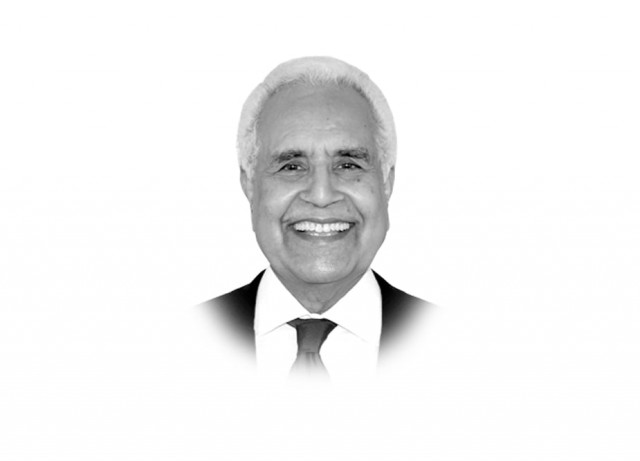Jinnah’s dream now a nightmare
Jinnah’s legacy has been destroyed by self-seeking politicians, religious extremists and military adventurers.

Jinnah’s dream now a nightmare
Armed conflict with India started soon after the creation of Pakistan with the two countries going to war over Kashmir in 1948. Relations remained hostile to very hostile till 1965 when Zulfiqar Ali Bhutto, the firebrand foreign minister of Pakistan, and some hawkish generals in the army convinced Field Marshal Ayub Khan to annex occupied Kashmir from the Indians by force.
But all the war achieved was a “line of control” replacing a “ceasefire line” in Kashmir. Hatred and arms build-up intensified on both sides and their defence budgets escalated, in the face of abject poverty.
Both countries started with parliamentary democracy. India stuck to it. But in Pakistan the army took over in a coup in 1958 followed by more military coups in 67, 77 and 99. In spite of all the underpinnings of democracy today, the army remains a power broker.
Pakistan came into being in August 1947 but Mohammad Ali Jinnah, the “sole spokesman” of the Muslims of India, did not live long after. He died in Karachi on September 11, 1948. Gandhi, the most venerated Hindu leader, died of an assassin’s bullet early the same year in India. Thus both countries lost their national father figures right at the beginning. Successors of Jinnah, all ordinary mortals, were not nearly as able and high-minded as he was. This desideratum was mainly responsible for retarding a democratic political evolution. On the other hand, the impact of Gandhi’s absence was minimised by the presence of Nehru, Azad and many more who continued to implement the Congress Party manifesto.
Whereas the freedom of India was the result of a long political struggle led by a political party, Pakistan was the result primarily of the will, dedication and extraordinary leadership of just one man.
Jinnah struggled for a homeland for the Muslims of the subcontinent without the role of Islam in the running of the state. A secular person by temperament, he did not see Pakistan as a theocratic state. Addressing the Constituent Assembly in Karachi in August 1947, when he was elected as its president, he declared religion to be a personal, not public, issue in the new state; to be practiced freely by citizens of different faiths, all equal before the law.
But Jinnah’s legacy has been destroyed by self-seeking politicians, religious extremists and military adventurers. The sense of sovereignty all but gone from this nation, a handful of corrupt rulers are sitting over all instruments of political power, as poverty spreads. Pakistan is well on its way to becoming the most corrupt country (placed 101 in 130 countries in last year’s Corruption Perception Index) of the world and Jinnah’s dream is becoming a nightmare.
Published in The Express Tribune, October 14th, 2010.















COMMENTS
Comments are moderated and generally will be posted if they are on-topic and not abusive.
For more information, please see our Comments FAQ